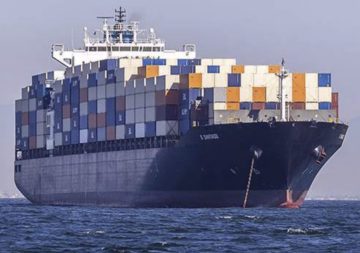James K. Galbraith in Project Syndicate:
 A supply chain is like a Rorschach Test: each economic analyst sees in it a pattern reflecting his or her own preconceptions. This may be inevitable, since everyone is a product of differing educations, backgrounds, and prejudices. But some observed patterns are more plausible than others.
A supply chain is like a Rorschach Test: each economic analyst sees in it a pattern reflecting his or her own preconceptions. This may be inevitable, since everyone is a product of differing educations, backgrounds, and prejudices. But some observed patterns are more plausible than others.
Consider the following sampling of perspectives. For Jason Furman, formerly US President Barack Obama’s chief economic adviser, and Lawrence H. Summers, a former US secretary of the treasury, today’s supply-chain problem is one of excessive demand. According to Furman, it is a “high class” issue that reflects a strong economy. The “original sin” was the American Rescue Plan, which provided too much support through funds disbursed directly to US households.
For John Tamny of RealClearMarkets, the supply-chain problem is one of “central planning.” Had President Joe Biden’s administration not sent directives to port managers, free markets would have sorted everything out. And for Awi Federgruen, a professor of management at the Columbia Business School, the issue is inefficiency, the remedy for which is to work harder and do more with less.
None of these interpretations withstands scrutiny.
More here.
